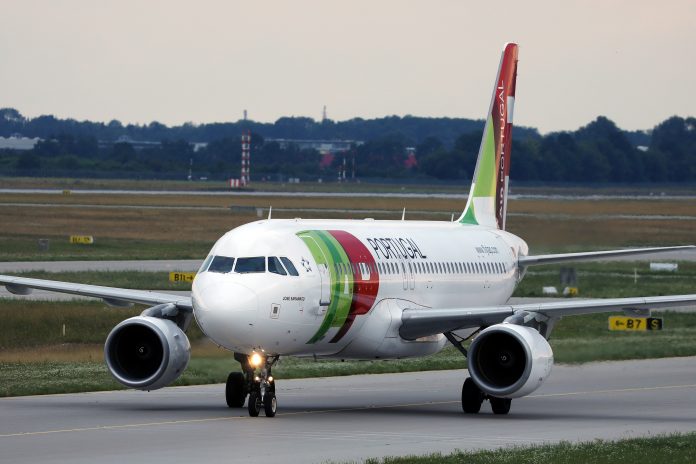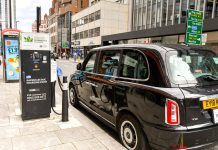The UK has banned Latin American countries and Portugal from travelling to the UK as of today (15 January), over increasing fears about the Brazilian COVID-19 mutations
People who are travelling from (or through) Argentina, Argentina, Brazil, Bolivia, Chile, Colombia, Ecuador, French Guiana, Guyana, Paraguay, Peru, Suriname, Uruguay and Venezuela are no longer being allowed into the country.
The ban is also impacting Portugal, Panama and Cape Verde.
British and Irish citizens are still allowed to enter the UK, but will be asked to isolate for the full period of ten days. This decision excludes cargo, so trade with these countries will continue.
Negative tests will be required for entry to the UK for all other countries, as of 18 January.
There are also global fears of the UK exporting the B117 mutation – which is described as atleast 50% more infectious than previous mutations of the virus. This mutation is considered by PM Boris Johnson to be partially responsible for the steep rise in UK case figures.
Even the origin city of COVID-19 is under a second lockdown, after new cases were discovered in Wuhan.
Why is the Brazilian COVID-19 mutation so important?
Any mutation of the COVID-19 causing virus leads researchers and healthcare professionals to fight a slightly changed enemy. In the past, mutations of the COVID-19 virus have not significantly increased the infectiousness or power of the virus.
This changed with three mutations:
- The Kent-based mutation known as B117;
- The recent South African mutation known as 501.V2;
- And the Brazilian variant, with a mutation of N501Y.
These mutations can carry a higher viral load, meaning that they are more effective at spreading COVID-19. They do not create a worse or more severe experience for the individual if they are already healthy, but these mutations make COVID even more difficult to contain.
The B117 resulted in the school opening U-turn seen on 5 January in the UK, as death tolls climbed faster than they did in the first wave.
Scientists are suggesting that all existing, approved vaccines will still work. They will study how the mutations could change antibody capacity to recognise COVID-19, but are not concerned that moment is on the horizon.
Professor Wendy Barclay, head of the Department of Infectious Disease, Imperial College London, commented: “We are already working to determine the effects of the recent virus variants identified in the UK and South Africa and what that means for the transmission of SARS-CoV-2 and vaccine effectiveness.
“Now the virus has circulated in humans for more than one year and is prevalent all around the world, we’re in a phase where the virus is constantly throwing up new variants and we need to gear up to assess the risk they pose, and to understand the mechanisms by which they act.”
She will be leading the new ‘G2P-UK’ National Virology Consortium, which is being created to investigate COVID mutations.











